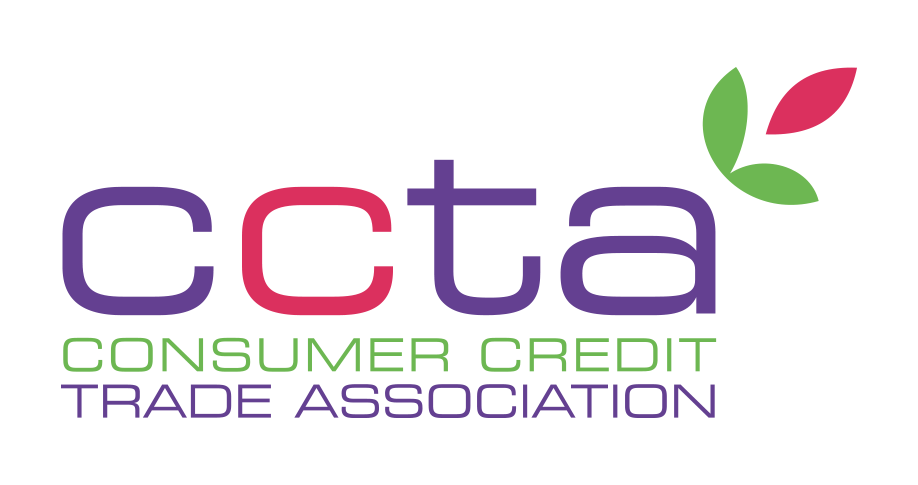Jargon Buster
At Aspire Money, we understand that there are alot of confusing financial terms and jargon out there, so we've compiled an easy to use list below.
At Aspire Money, we understand that there are alot of confusing financial terms and jargon out there, so we've compiled an easy to use list below.
Adverse credit (also known as bad credit, impaired credit or poor credit) refers to a credit rating which shows a history of missing payments, and may include defaults and County Court Judgements (CCJs).
Application - Is the information you provide to us in order for you to be considered for a loan.
APR stands for Annual Percentage Rate and is used to describe the cost of borrowing money. All lenders calculate APR in the same way which allows you to compare different lending products.
Arrears are debts as a result of missed or late payments of a loan or other type of credit agreement. Falling into arrears can result in a poor or impaired credit history.
Please see adverse credit.
Bankruptcy is an option that can be considered if an individual cannot pay the debts that they owe. It is a legal process which can seriously harm your ability to obtain credit in the future.
The base rate is the interest rate set by the Bank of England for lending to other banks.
A CCJ is a type of court order in England, Wales and Northern Ireland that may be registered against an individual if they fail to repay money that they owe.
Cancellation/Cooling off period – Is a period of time following a purchase when you may choose to cancel the purchase.
Consolidation - Debt consolidation is a form of debt refinancing that means taking out one loan to pay off many other loans.
Arrears are debts as a result of missed or late payments of a loan or other type of credit agreement. Falling into arrears can result in a poor or impaired credit history.
An institution, like a bank or finance company that grants loans or provides goods on the basis of hire purchase. There must be legal contract (Credit Agreement) between the borrower and the Creditor which sets out how and when the money is to be repaid. In the case of hire purchase it will grant the lender the right to claim back the asset if you fail to pay back the loan. See Lender.
A contract between you and a loan or finance provider which details the full terms and conditions and the total cost of your loan.
A check carried out by a lender to establish your credit worthiness. Arrears will be shown, along with details of your financial history, any adverse credit, electoral roll information and details of previous searches.
Your credit rating is a summary of the information found in your credit report.
Collateral – Is money or property which is used to guarantee that you will repay a loan.
A credit broker, does not lend money, it works with a number of lenders to source loan options for you.


Copyright © Aspire Money 2025 Aspire Money Limited. Registered in England No 06457376, which is authorised and regulated by the Financial Conduct Authority (FCA FRN 681346). DPA Licence Number: Z1262766.